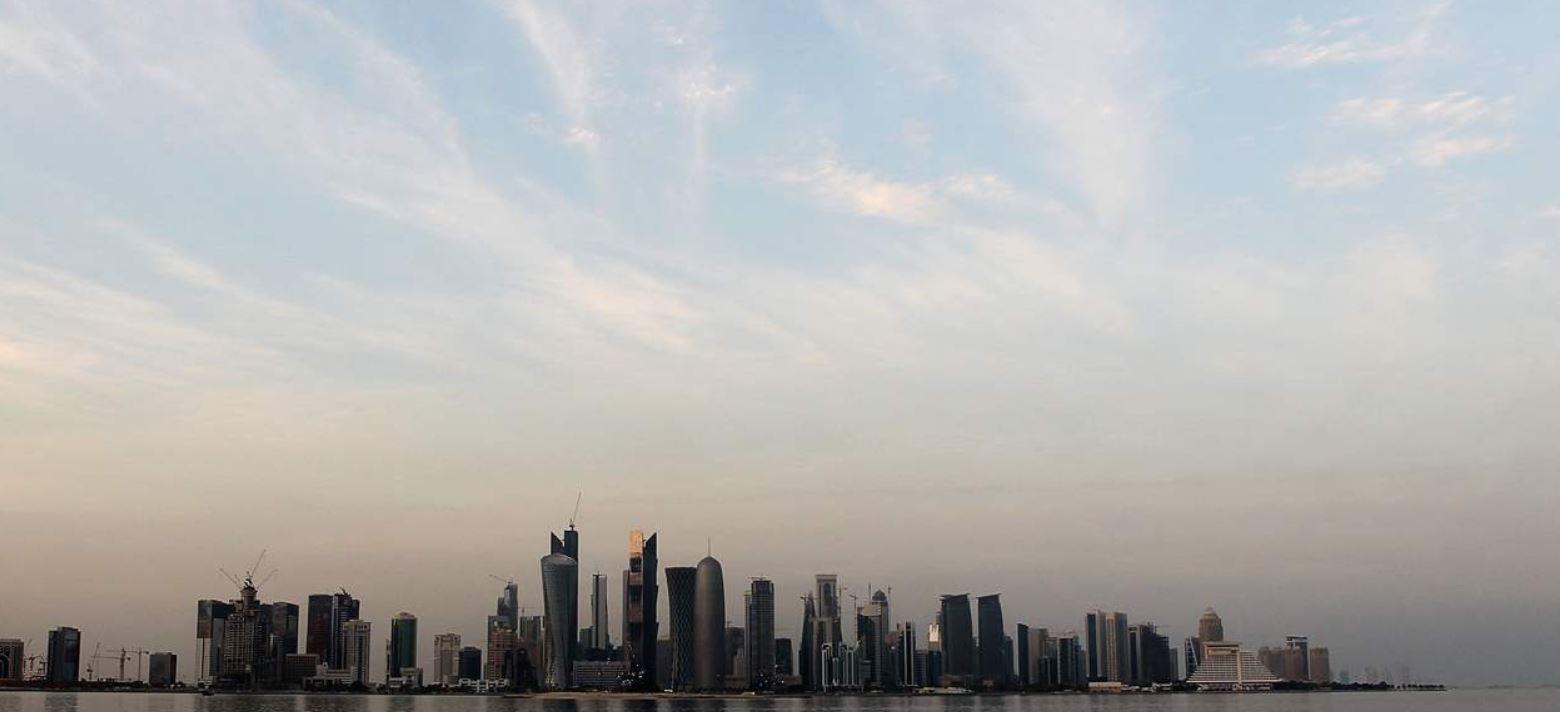- 29 Jan 2020
- [International Secretariat]
- Region: STATE OF QATAR
- Topic:
(C) GettyImages
A new vaguely-worded law which criminalizes a broad range of speech and publishing activities stands to significantly restrict freedom of expression in Qatar, barely two years after it acceded to the International Covenant on Civil and Political Rights (ICCPR) Amnesty International said today.
The law, issued by Emir Tamim bin Hamad Al Thani, amends the Penal Code by adding a new provision, Article 136 bis, which authorizes the imprisonment of “anyone who broadcasts, publishes, or republishes false or biased rumours, statements, or news, or inflammatory propaganda, domestically or abroad, with the intent to harm national interests, stir up public opinion, or infringe on the social system or the public system of the state”.
“This law effectively signals a worrying regression from commitments made two years ago to guarantee the right to freedom of expression. Qatar already has a host of repressive laws but this new legislation deals another bitter blow to freedom of expression in the country and is a blatant breach of international human rights law,” said Lynn Maalouf, Research Director for the Middle East at Amnesty International.
“It is deeply troubling that the Qatari Emir is passing legislation that can be used to silence peaceful critics. Qatar’s authorities should be repealing such laws, in line with their international legal obligations, not adding more of them.”
Under the new law, “biased” broadcasting or publishing can be punished by up to five years in prison and a fine of 100,000 riyals (over $25,000 USD). This is contrary to the ICCPR, which Qatar received international praise for joining in 2018, Article 19 of which guarantees the right to seek, receive and impart information and ideas.
Background
The full text of the law – which Amnesty International has reviewed – appeared in the Official Gazette issue of 19 January though it had in fact been issued by the Emir almost two weeks earlier, on 8 January.
On 18 January, the Qatari paper al-Raya published a substantially accurate report of the new law on its website. The article reproduced the content of the law, limiting itself to summarizing several of its provisions without any editorial comment or analysis. Some of the phrasing is different from the final text but the basic details are correct, including an accurate reference to the potential five-year prison sentence for “stirring up public opinion”. Within 24 hours however, the paper issued an apology for publishing the news, expressing regret for “having stirred up argument”, deleting the piece from their website and social-media accounts, and stating that they had gotten the text “from an unofficial source, and published it without verifying with the responsible authorities”.
Qatar already has laws arbitrarily restricting freedom of expression, such as the Law on Printing and Publication issued in 1979 and the Law on Combatting Information-Technology Crimes issued in 2014. In 2012, the Qatari poet Mohammed al-Ajami was sentenced to a lengthy prison term for reciting a poem critical of the Emir in his private apartment while living abroad. (He was later released on a pardon.)
There are broader concerns about Qatar’s human rights record, particularly its treatment of migrant workers. Last week, after Qatar announced a new law eliminating the requirement of an exit permit for migrant domestic workers, the Ministry of Interior stated that it would nonetheless continue to apply financial and immigration penalties to household workers who left without their employer’s permission – despite the absence of any authorizing article in the law for such penalties.
20 January 2020
AMNESTY INTERNATIONAL PRESS RELEASE
Related Actions
- 23 Feb 2022
WORLD CUP EX-MEDIA MANAGER UNFAIRLY TRIED
Related Newses
- 24 Oct 2019 [International Secretariat]
STATE OF QATAR: Pledge to end abusive ‘kafala’ system must truly transform workers’ right - 13 Sep 2018 [International Secretariat]
STATE OF QATAR: Partial abolition of ‘exit permit’ lifts travel restrictions for most migrant workers - 4 Dec 2015 [International Secretariat]
STATE OF QATAR: Five years of human rights failure shames FIFA and Qatar - 24 Apr 2014 [International Secretariat]
STATE OF QATAR: Foreign domestic workers in Qatar: Shocking cases of deception, forced labour, violence





